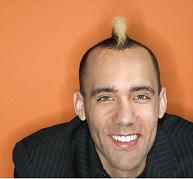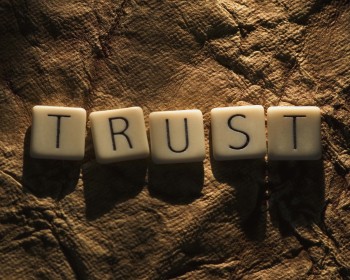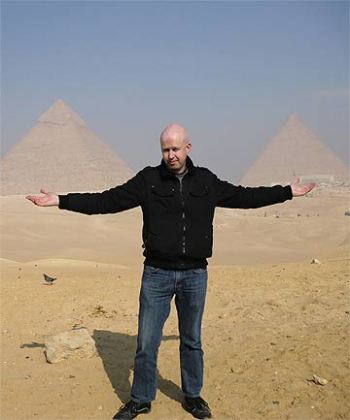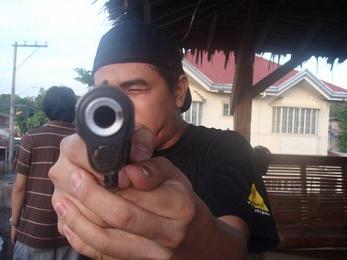Christmas is a low stress affair in my family. We don’t give gifts to adults any more, so the frantic “What-on-earth-do-I-get-X?” is removed from the holiday. One of the few gifts I did receive is a new translation of Voltaire’s satire Candide, subtitled “Optimism” (published in 1761). I’ve never read it, and it turns out to be very enjoyable and full of surprises.
|
For example, Candide is a young man. I’d always assumed the hero(ine) was a woman. The name equates to “white”, and by implication, “innocent”. Candide is indeed somewhat of an innocent, being convinced that his tutor Proffessor Panglosse is the greatest philosopher in the world, and that Panglosse has proven beyond doubt that this world is “the best of all possible worlds”. I first came across the idea of the best of all possible worlds when I was studying the problem of evil, and it appears this kind of thing was being promoted in Voltaire’s day – perhaps by Leibniz? More on this below. Another surprise for me, is that Voltaire’s real name was Francois-Marie Arouet. He published under 178 pseudonyms during his life, but Voltaire was his preferred name, an anagram of “AROVET LI,” the Latinized spelling of his surname, Arouet, and the initial letters of “le jeune” (“the younger”). The adoption of the name “Voltaire” following his incarceration at the Bastille is seen by many to mark Voltaire’s formal separation from his family name and his past. The name also conveys connotations of speed and daring, and you can refer to Wikipedia for the rest. |

|
Also surprising is how enjoyable Candide is, if an adventure that features rape, hideous floggings, disease and numerous disasters can be enjoyed. In parts it reminded me very much of Monty Python.
From the translators introduction:”The word optimism, first used in print in 1737, represents a philosophical position, a claim that in spite of errors and appearances God’s creation is as good as it could be.”
God, being perfect, can only create perfect things. Ergo, this world must be perfect. In Candide, the entire book is a series of misfortunes which poke fun at this idea. I once read something by evangelical philosopher Norman Geisler, who said this world is clearly not the best of all possible worlds. However, he claims, this world is the best WAY to the best world. In other words, he believes that the sufferings and misfortunes of this world are permissible (or perhaps necessary) in order to achieve the best world. Putting it another way, the horrors of this lifetime do have either some purpose (eg, *some* suffering may improve one’s character) or some necessity (eg God cannot make a consistent physical world without allowing the possibility of drowning or falling). Geisler lists a number of explanations for evil and emphasises that each one only covers *some* aspect of suffering; there is no single catch-all explanation that explains everything. However, Geisler believes that taken together, these explanations make suffering and evil understandable.
In similar vein, I picked up Timothy Keller’s The Reason for God again. For some reason, my mother now owns it. It is a good, popular exposition of the reasonableness of belief in God, specifically the Christian one. But I found his chapter on the problem of evil somewhat dissatisfying. I suppose in this world we should never become comfortable with disaster, suffering and failure and a book that makes us feel comfortable would probably be missing something. Keller is absolutely right, in my view, that the problem of evil is not proof that a good and loving God cannot exist. Where the argument from evil comes undone is that we are finite beings without full knowledge: We cannot KNOW all of God’s reasons for why things happen, therefore evil does not prove that God cannot be. Emphasis on the word “prove” there. However, while Keller is not twee, I think more acknowledgement of how shit this world can be, and sympathy for those affected by it, would improve his book. His chapter defending the church’s mistakes suffers a similar lack – he almost breezes over some of the horrors and banalities of Christianity. I think his defense is reasonable, but a little more humility would make me love him. Ah well, these books are never perfect and the appropriate bits should be added to one’s personal worldview rather than treating the whole as some kind of Bible.
Which leads me to my sister’s cancer.
I think I blogged about it over a year ago when we first discovered it. Briefly, it was pretty serious liver/colon cancer, at the point where she might not have long to live. She went through chemo and it looked successful – Hallelujah. Then the tumors came back and she had more surgery. This may have been successful (test results in the new year will tell us something), but has resulted in very painful adhesions. So she is gaunt, in regular pain, and may only have a year or two to live.
I’ve been thinking about optimism and pessimism. Since the days of Voltaire, optimism has altered in meaning and entered the common lexicon. I don’t think either pessimism or optimism can be proved. One can look at the world and see violence, disease, crime and war. This is Voltaire’s story of Candide. Or one can see beauty, charity, nurture and success. Both perspectives are true, and I think the philosophical position that can sum them up will be extremely nuanced. That’s probably why the Christian story (if it’s true) comes to us as a story, rather than a philosophy. Stories tend to be better for nuance than philosophy.
What can help is a perspective. Some of us like to claim we are “realistic”. Is this possible? Whether true or not, it’s more fun to be optimistic, but at times pessimism seems hard to deny.
Respond
? What do you think?
Please subscribe (top left) 🙂
Carbon Based Lifeforms | Photosynthesis
Please share this article:









